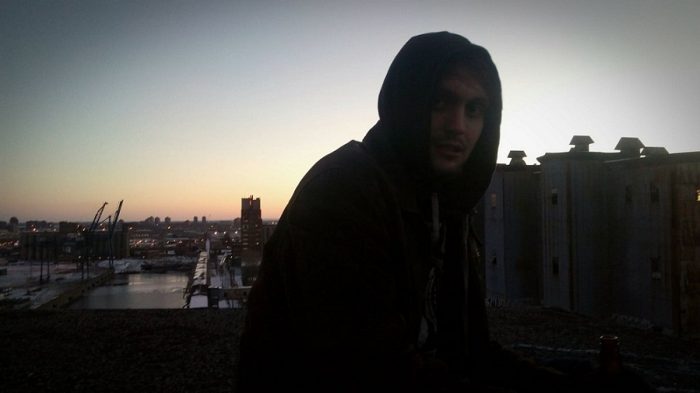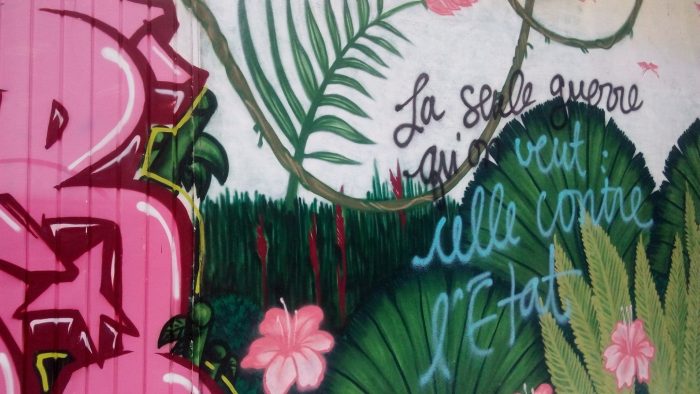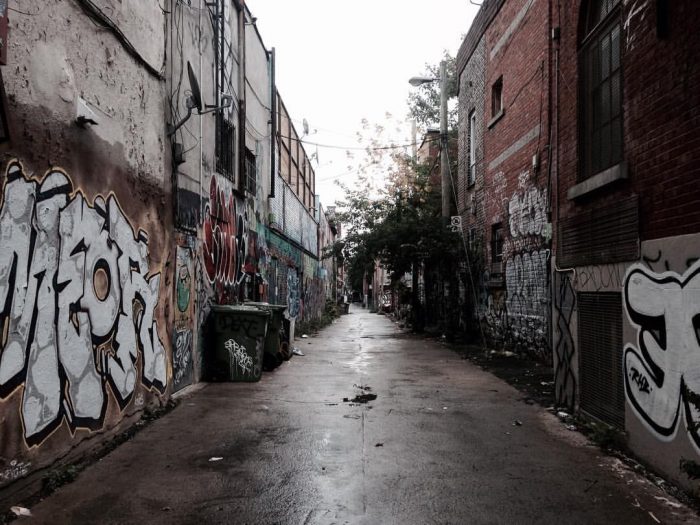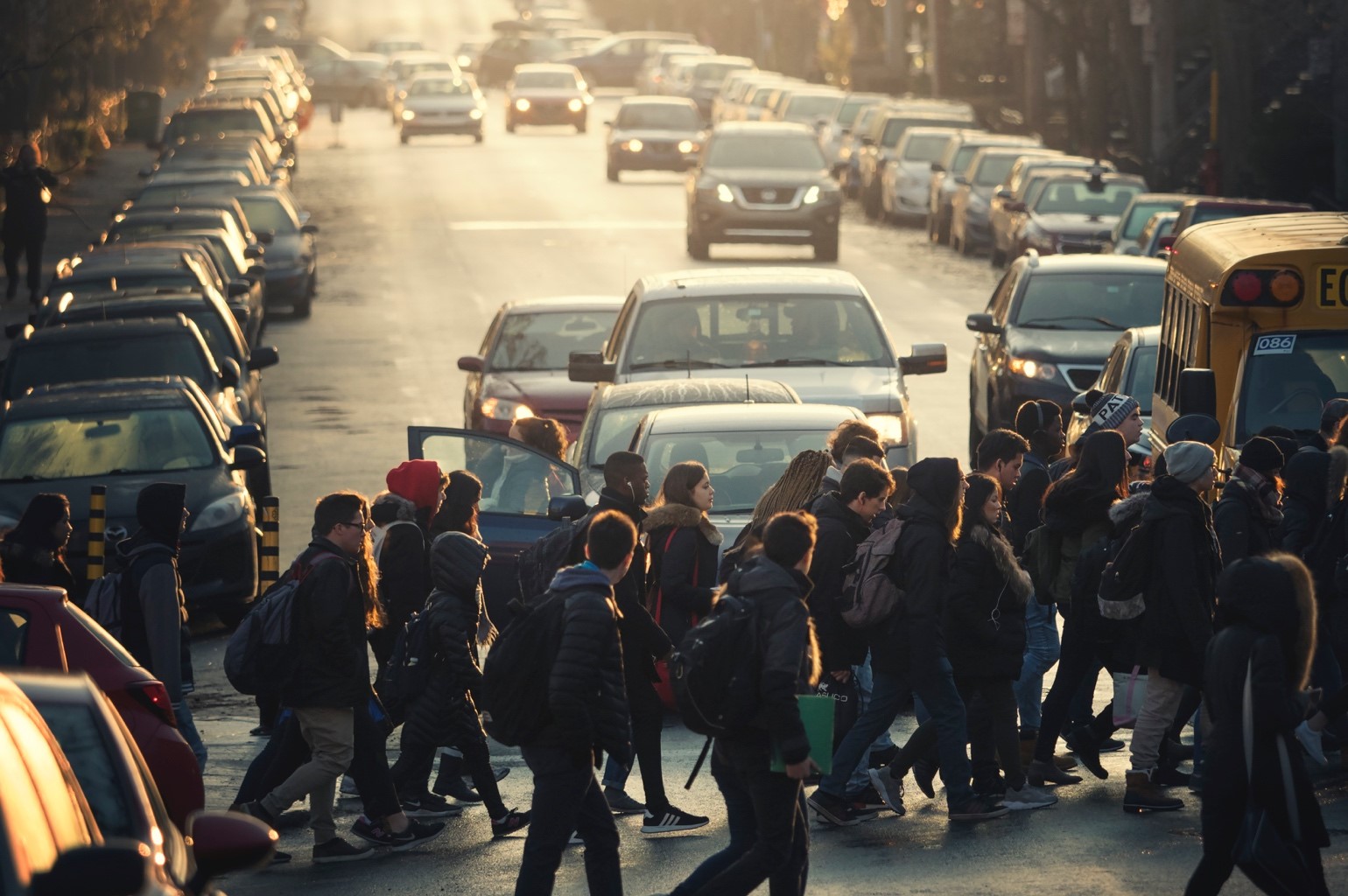Presentation

Crédits photo: Mélissa Moriceau
TRYSPACES Montréal inherits the very close collaborative relationships forged during the MAPCOLLAB project and within the PLURADICAL team. The team brings together young people (men and women), the main protagonists of the project, but also creators and artists who will contribute to the development of innovative ways of thinking, analysing and projecting our collaborative reflections throughout the 6 years of the project.
Our reflections are placed at the crossroads of the known (and documented) demographic, economic and urban dynamics of the city we all inhabit, and the inventiveness and plasticity of the spatial practices of the young inhabitants of this segmented territory.
Our collective concern is above all to embrace as broadly as possible a social reality that is often reduced to one of its variables (age, gender, ethnic origin, social class, territory of residence). TRYSPACES Montreal takes into account the strong and assumed sense of belonging a neighbourhood which colours many of the team’s exploration areas (Hochelaga, Montreal-North, Saint-Michel), but does not lose sight of the broader effects of structuring behaviours and attitudes, their transnational and virtual aspects as well.
In particular, we question the visibility and readability of the spatial practices of the young people that we encounter in our case studies. What is seen as transgression and to whom?
- Crédits: Mélissa Moriceau
- Crédits: Quentin Guatieri
The public spaces that interest us are therefore also very varied. They are not always as explicitly «public» as a street or a public square. But their invisibility does not erase their public texture. One of Montreal’s particularities probably lies in this «pixellisation» of places where people mingle, sometimes in the anonymity of a gathering motivated by a performance (music, song, dance), a political activity (demonstrations, occupations), a common practice (drug use, guerrilla gardening), or in interpersonal connections anchored in improvised housing (squats), supervised artistic practices (graffiti), needs for shared intimacy (sex, religion), common revolts (against family, school, police, neighborhood….).
In all cases, we carefully and ethically follow the practices of young men and women who invite us to follow them, whether their actions are on display or discreet.
- Photo tirée du projet de webdocumentaire Les voix de Maisonneuve. Crédits: MADOC
How is radicalization experienced? Since January 2015, Collège de Maisonneuve has been at the heart of current events related to «radicalization». This webdocumentary starts with media events to ask how the different actors of the establishment wish to speak for themselves.







